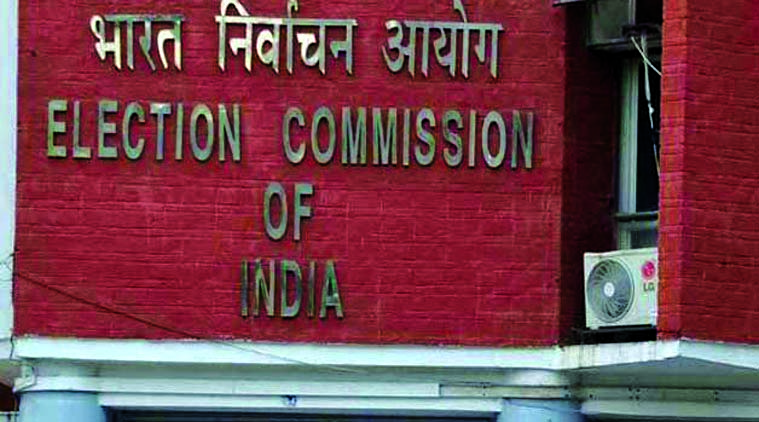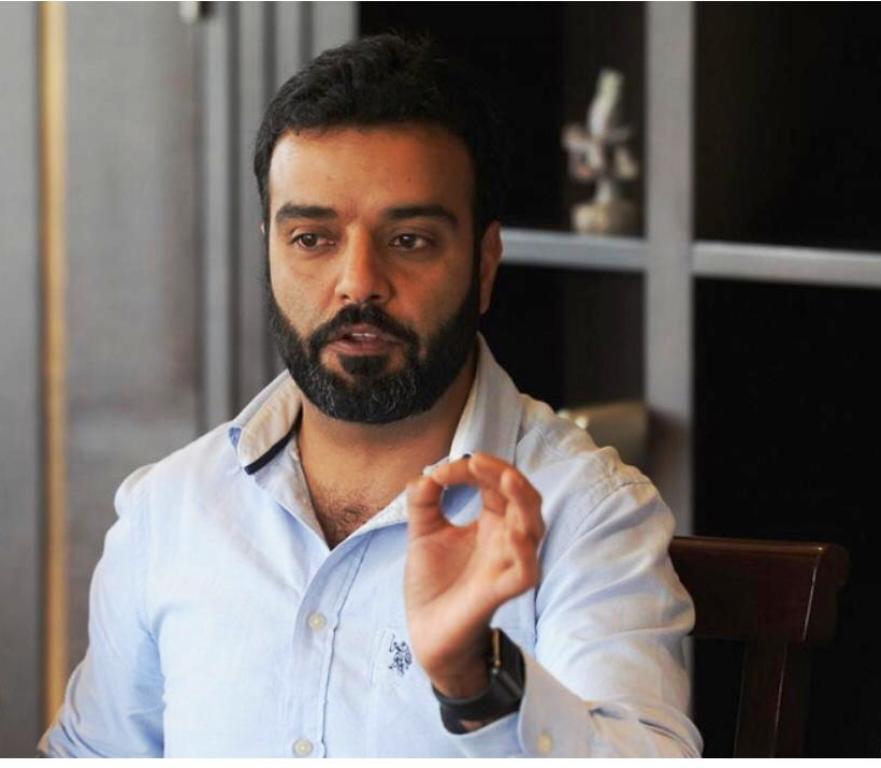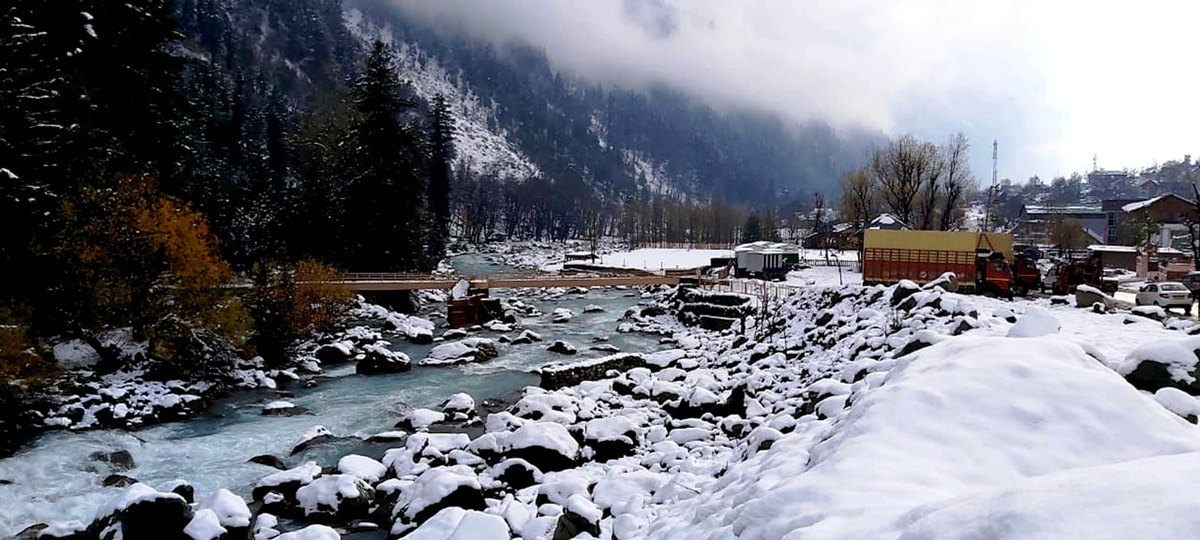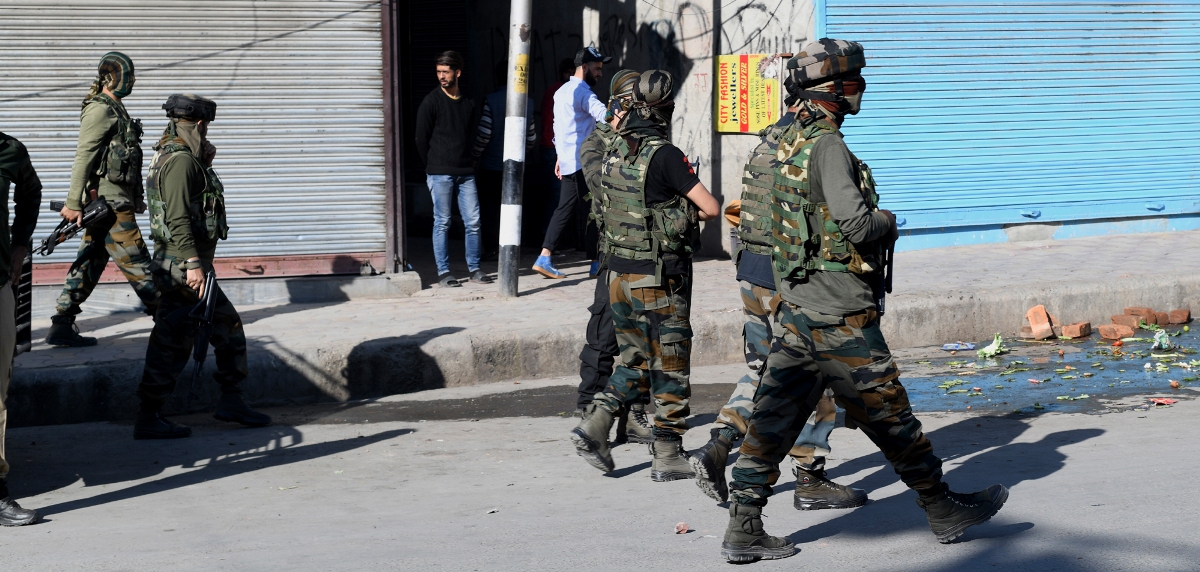KL NEWS NETWORK
SRINAGAR

Organization of Islamic Cooperation (OIC) while upholding Kashmiris’ right to self-determination in accordance with the relevant UN Security Council Resolutions, reaffirmed its member countries’ unwavering support to the “just cause” of Kashmiri people, expressed deep concern and condemned in strongest possible terms the unabated killing of defenceless Kashmiris.
Foreign Ministers of OIC member states met in Tashkent, Uzbekistan, on 18-19 October for the 43rd Session.
“The Foreign Ministers condemned India for illegal detention of Kashmiris, incarceration of Hurriyat (Conference) Leaders in torturous conditions, and brutal killings of Kashmiris including children. They also condemned the Handwara episode of forced detention of a minor girl and sexual assault on her by Indian police,” a statement issued by Pakistan Foreign Office said on Thursday morning.
The statement noted that the OIC Foreign Ministers rejected attempts to “equate the indigenous freedom movement of Kashmiris in with terrorism”.
“The OIC expressed deep concern at attempts to bring demographic changes in Kashmir by establishing colonies, forced conversions, and permanent settlement of non-Kashmiris in Valley. They rejected the sham elections under duress as substitute of exercise of the right of self-determination of the people of Jammu & Kashmir,” the statement added.
Denouncing India’s refusal to allow OIC Fact-finding Mission to Kashmir, the OIC called for a free and impartial inquiry into the 6,000 unmarked mass graves in Kashmir discovered in 2009, and bring the perpetrators of the genocide to justice.
Complete text of the Resolution adopted at the 43rd Session of OIC Council of Foreign Ministers Meeting is as follows:
“Resolution No. 8/43-Pol On Jammu & Kashmir Dispute
43rd Session Of The Council Of Foreign Ministers Of OIC
Tashkent, Republic of Uzbekistan 18-19 October 2016 (17-18 Muharram 1438h)
The Forty Third Session of the Council of Foreign Ministers, (Session of Education and Enlightenment-Path to Peace and Creativity), held in Tashkent, Republic of Uzbekistan, from 17 to 18 Muharram 1438H (18-19 October 2016).
Reaffirming the principles and objectives of the Charter of the Organization of Islamic Cooperation (OIC) and the UN Charter regarding the sanctity of the universal realization of the right of peoples to self-determination and recalling the numerous unimplemented UN Security Council resolutions on Jammu and Kashmir dispute which declare that the final disposition of the state of Jammu and Kashmir will be made in accordance with the will of the people to join India or Pakistan expressed through the democratic method of a free and impartial plebiscite conducted under the auspices of the United Nations;
Recalling the Special Declarations on Jammu and Kashmir adopted by the 7th, 10th and 11th Sessions of the Islamic Summit Conference and the Extraordinary Session of the Islamic Summits held in Casablanca in 1994 and Islamabad in 1997 and all previous OIC resolutions on the Jammu and Kashmir dispute and Joint Communiqué as well as the reports of the Ministerial and Summit Meetings of the OIC Contact Group on Jammu and Kashmir and endorsing the recommendations contained therein;
Reaffirming the unwavering support expressed for the Kashmiri people in their just cause in the Joint Communiqué of the 13th OIC Summit;
Stressing that Jammu and Kashmir is the core dispute between Pakistan and India and its resolution is an indispensable for realization of the dream for peace in South Asia;
Expressing deep concern at the alarming increase in the indiscriminate use of force and atrocious human rights violations committed in Kashmir;
Condemning in strongest possible terms the unabated killing and brutality let loose in Kashmir by India Security Forces in the aftermath of the killing of immensely popular militant commander Burhan Wani in which dozens of civilians were killed and hundreds injured for mourning and protesting at the death of their beloved leader and expressing shock at the deadly silence of world community at the mass killings;
Noting the hugely attended funeral procession of Burhan Wani and demonstrations despite curfew restrictions as referendum against India;
Condemning the illegal police detention of Handwara minor girl for 27 days when instead of initiating inquiry against Army officials accused of sexually molesting the girl, Indian authorities used all means to force the girl into changing her statement and brutally killed five civilians for protesting for the release of the minor girl;
Further condemning the killing of Sheikh Tanveer Sultan who was shot dead on 13 June 2016 by Indian police in a fake encounter while traveling in a passenger bus;
Expressing deep shock at the discovery of more than 6000 unmarked mass graves in Kashmir and apathy of the Indian Government which is still unmoved by this great human tragedy;
Strongly condemning prolonged detentions of Kashmiri leaders by India and violations of freedom of movement and expression and noting with concern that prolonged detentions are taking heavy toll on the health of Kashmiri leaders;
Further condemning the wide-spread practice of harassment of Kashmiri students in Indian institutions for showing support to Pakistan;
Rejecting the Indian attempts to malign the legitimate Kashmiri freedom struggle by denigrating it as terrorism and expressing support to the wide-spread indigenous movement in IOK for realization of their right to self-determination;
Taking note of huge gatherings at the funerals of armed fighters and demonstrations in their favour as a manifestation of wide-spread public support to the armed struggle in Kashmir;
Paying rich tribute to the valiant people of Kashmir for waging a heroic struggle for their inalienable right to self-determination;
Rejecting the Sham and farcical elections in Kashmir under the duress of 700,000 Indian security forces as a substitute to free and impartial plebiscite held under the UN auspices which are rejected by the UN Security Council Resolutions 91 of 1951 and 122 of 1957;
Expressing deep concern at Indian attempts to bring demographic changes in Kashmir and converting the Muslim majority of the State into minority by settling non-Muslim non-State subjects like West Pakistan Refugees and establishing Sainik colonies;
Denouncing Indian attempts to disturb the religious harmony of Kashmir by establishing separate colonies for Pandits who are always welcomed by Kashmiris to return to their ancestral lands;
Taking note of the Memorandum presented by the True Representatives of the people of Jammu and Kashmir;
Encouraging and expressing the hope that both Pakistan and India resume the dialogue process for peacefully resolving their all outstanding issues, particularly the core dispute of Jammu and Kashmir;
Acknowledging that the people of Jammu and Kashmir are the party principle to the dispute and should be included in Pakistan-India dialogue process;
Welcoming the establishment of a standing mechanism by the OIC Independent Permanent Human Rights Commission (IPHRC) for monitoring the human rights situation in the Indian Occupied Jammu and Kashmir; and adoption of its working modalities /operating methods during the 6th and 8th Regular Sessions of OIC-IPHRC in pursuance of Resolutions 1/40-POL, 8/41-POL and 8/42-POL adopted by the Council of Foreign Ministers at the 40th, 41st and 42nd Sessions, respectively.
Regretting that India is not allowing OIC fact finding Mission to visit Kashmir or responded favourably to the offers of the Good Offices Mission by the OIC;
Taking note of the personal support of the OIC Secretary General for the Kashmir cause and his efforts for the peaceful resolution of the Kashmir dispute;
Expressing support for the work of the OIC Secretary General’s Special Representative on Jammu and Kashmir who recently led a high-level OIC delegation on a successful visit to Pakistan and Azad Jammu and Kashmir;
1. Calls upon India to implement numerous UN Security Council resolutions on Kashmir which declare that the final disposition of the State of Jammu and Kashmir will be made in accordance with the will of the people, to join India or Pakistan, expressed through the democratic method of a free and impartial plebiscite conducted under the auspices of the United Nations.
2. Reminds the international community of its obligations to ensure the implementation of UN Security Council resolutions on Kashmir and fulfil the promises made by it with the people of Jammu and Kashmir.
3. Calls upon the international community to break its deadly silence over continuous atrocious human rights violations against civilians in Kashmir and take notice of excessive use of force against civilians in the aftermath of killing of Burhan Wani, in which Indian forces fired at the protesters above waist and implemented a policy of ‘shoot to kill’ which resulted in dozens of deaths and many hundreds injured.
4. Urges India to stop forthwith the gross human rights violations in Indian Occupied Jammu and Kashmir and allow international human rights groups access to Kashmir.
5. Calls upon India to respect the rights of freedom of movement and expression of Kashmiri leaders and release all political prisoners forthwith particularly Syed Ali Geelani whose health has significantly deteriorated due to prolonged detention.
6. Urges India not to change the religious make-up of the State by settling non-State subjects in Kashmir and respect the internationally recognized disputed status of the State and not bring any material changes there.
7. Further urges India not to implement the plans of disturbing religious harmony of Kashmir by establishing separate colonies for Pandits.
8. Calls upon India to conduct free and impartial inquiry into the discovery of 6,000 unmarked mass graves and bring the perpetrators to justice.
9. Affirms that any political process/elections held under foreign occupation cannot be a substitute to the exercise of the right of self-determination by people of Jammu and Kashmir as provided in the relevant Security Council Resolutions and reaffirmed in the Millennium Declaration of the UN General Assembly.
10. Notes with appreciation the recent efforts of the Governments of Pakistan and India to resume the dialogue process for resolution of all outstanding issues, particularly the core dispute of Jammu and Kashmir and hopes that the dialogue process starts soon.
11. Calls for the expeditious implementation of the recommendations contained in the report of the OIC mission led by Amb Abdullah Al-Alim, Secretary General’s Special Representative on Jammu and Kashmir to Pakistan and Azad Kashmir in May 2016.
12. Appeals to the Member States, OIC and other Islamic Institutions, such as the Islamic Solidarity Fund, and philanthropists to mobilize funds and contribute generously toward providing humanitarian assistance to the Kashmiri people.
13. Requests the Islamic Development Bank and the Islamic Solidarity fund to provide the necessary financial resources to provide vocational training and higher education to Kashmiri refugees and entrusts the General Secretariat to submit appropriate proposals.
14. Urges the Government of India to allow OIC Special Representative on Jammu and Kashmir and the OIC Fact Finding Mission to visit the Jammu and Kashmir for a neutral and impartial judgment of human rights situation there.
15. Recommends that Member States continue to coordinate their positions in international fora and mandates the OIC Contact Group on Jammu and Kashmir to meet regularly;
16. Welcomes the important briefings provided by the IPHRC Standing Mechanism on IOK to the OIC Contact Group on Jammu and Kashmir during the Islamic Summit and CFM on the human rights violations in IOK and requests it to continue this useful practice. Also requests the Standing Mechanism of the OIC IPHRC to submit its regular reports on the human rights situation in the IOK to the CFM at its subsequent sessions.
17. Decides to consider the Jammu and Kashmir Dispute at the 44th Session of the CFM;
18. Requests the Secretary General to follow up the implementation of this resolution and to submit report thereon to the next Session of the Council of Foreign Ministers.
The Organisation of Islamic Cooperation (OIC) is the second largest inter-governmental organisation after the United Nations with a membership of 57 states across four continents.
Its constitution says that it is the “collective” voice of the Muslim world which works to protect their interests in the spirit of promoting international peace and harmony.
Founded in 1969 after a summit that took place in Rabat, Morocco, the organisation is composed of three main bodies: The Islamic Summit, the Council of Foreign Ministers and the General Secretariat.















